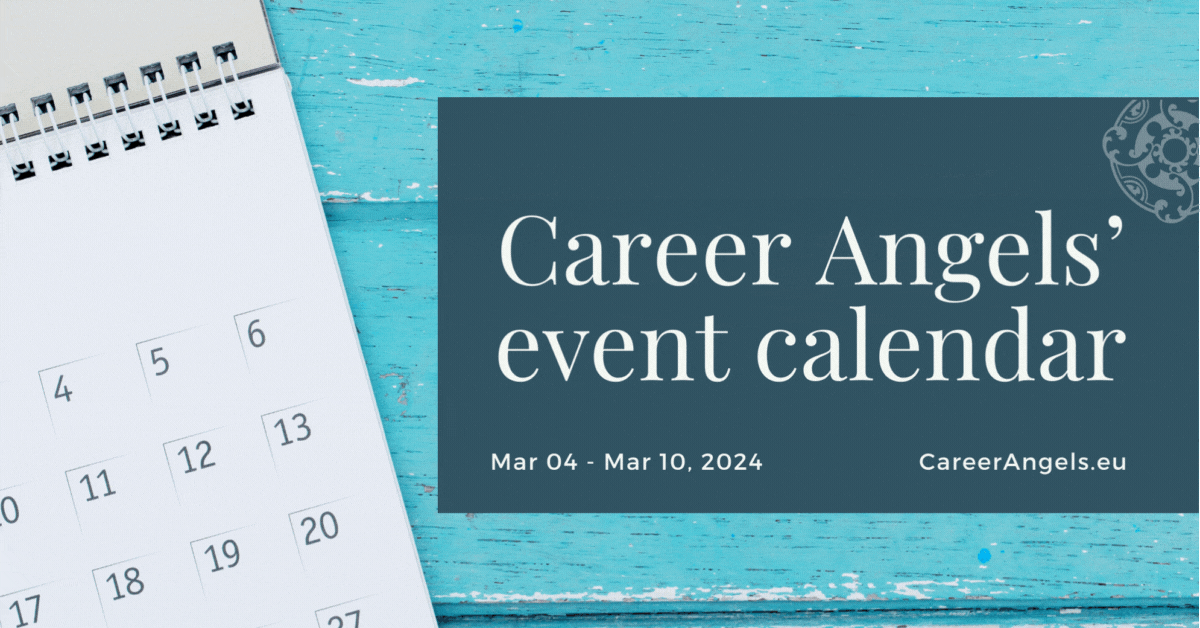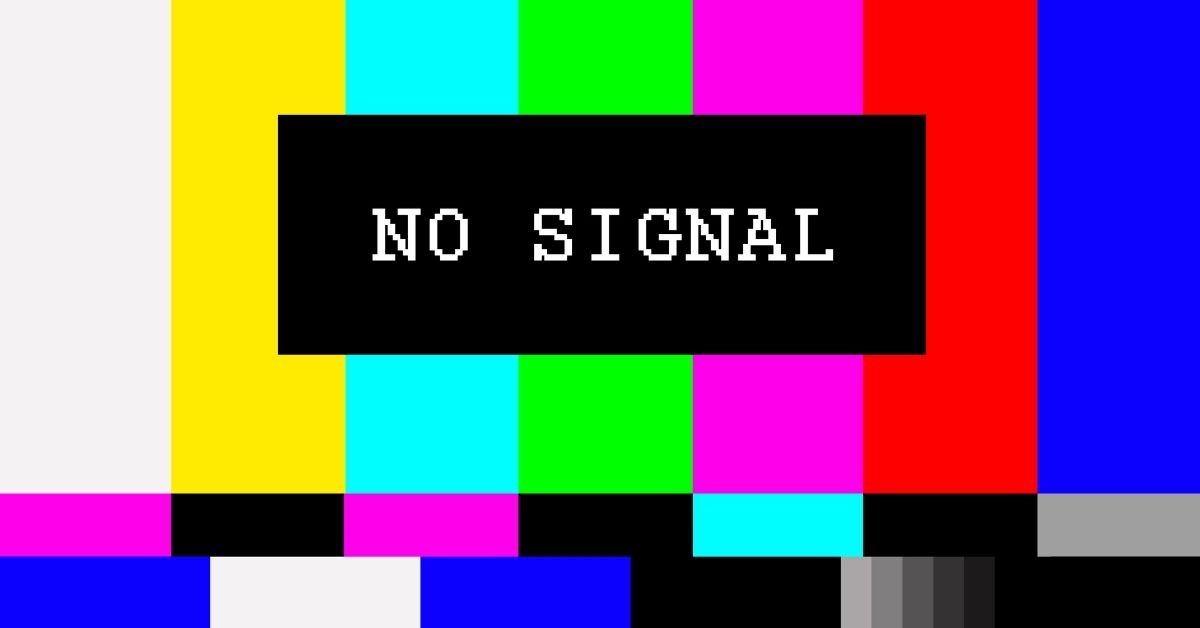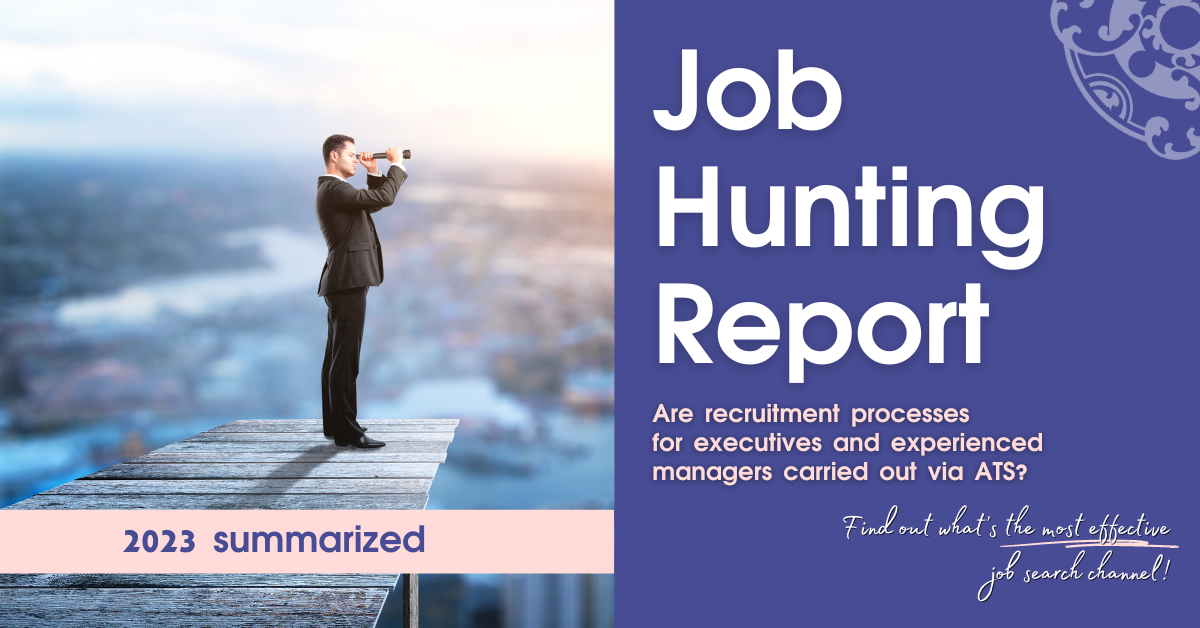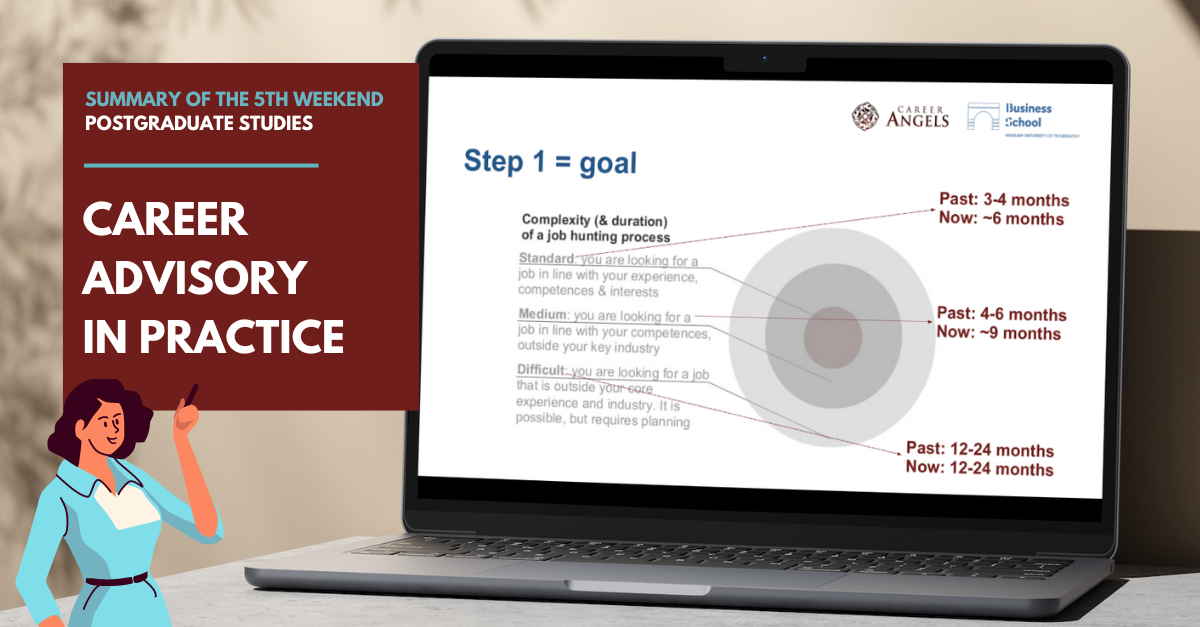
Market Signals – Global Job Market Trends – February 2024 summarized!
We have been recording and comparing unemployment rates vs. the number of job ads published on LinkedIn since March 2020 – to fully understand how major events (pandemic, crisis, war) actually impact the job market.
So far we have:
- gathered 17 094 data points
- received over 500 insights from Executives & HR Directors
- published 104 monthly reports, 807 daily updates & 13 special reports
- tracked 80 countries around the world for 45 months!
In this presentation, you will find a summary of how the job markets of the 80 countries did in January 2024:












